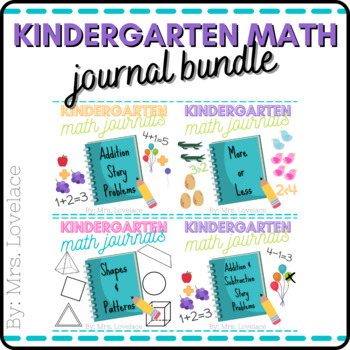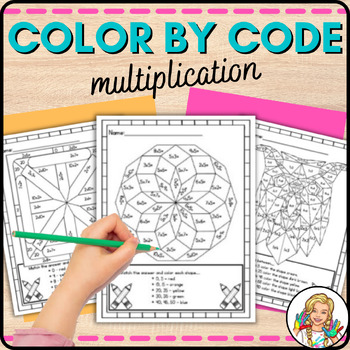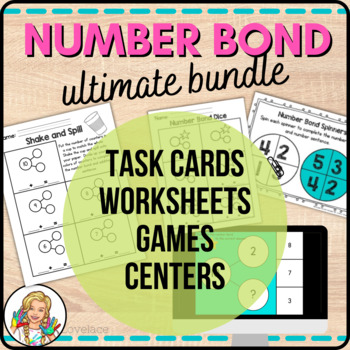Last week I wrote an overview of math workshop. You can find it here. Today, I’m going to
explain a little more about how I set up math workshop in my classroom. I know many teachers use a rotation of 4 centers
which usually includes a teacher station, math facts, something related to the
lesson and a game. We started out with
something similar only we broke the class into 3 groups and had them do three
rotations a day. While it was awesome to
see every student every day, it became overwhelming to plan that many
activities for the whole week. After
some tweaking, we decided to break the class into 5 groups (based on ability
and need) and have six stations that they rotated through during the course of
the week. Our week looked like this:
Monday – longer lesson, sometimes we would teach games they
would use during workshop that week, or explain some of the stations they would
be using
Tuesday - longer lesson, sometimes we would teach games they
would use during workshop that week, or explain some of the stations they would
be using
Wednesday – a mini lesson, two rotations of math workshop,
share
Thursday – a mini lesson, two rotations of math workshop,
share
Friday – a mini lesson, two rotations of math workshop,
share
This new format allowed us a few things that we felt were
missing with the daily math workshop rotations.
First, we had two days to teach longer lessons, which was awesome
because we found that certain topics just needed more time than a mini lesson
would allow. Second, we had two days to
get them ready for math workshop and explain each station so that once
Wednesday came, they could get right to work – no explanations needed. Third, it was much easier to plan and prep
six stations for the entire week. Finally, we still got to see all of our
students every week and spend time with them in small groups and individually
when needed.
There are three components to the workshop format: Mini lesson, independent practice and share. Here are some ideas about what each of these parts could look like.
Mini Lesson
Our mini lessons were different each day but here are a few
suggestions of ideas you could try.
-Picture books – read a book that connects to the topic
-Pose a problem for them to solve in their math journal, don’t
discuss until share time
-Model how to do a certain type of math problem
-Teach a game or activity
-Create an anchor chart about the topic you are covering
including strategies to solve problems
Independent Practice
Our independent practice was the six rotations that the
students went to throughout the week. We
had a few stations that we kept the same every week and just changed the
activity. These included:
-Teacher Station – depending on the groups’ needs, we would
sometimes review a concept, teach a new concept, practice problems on
individual white boards, teach a game, etc.
-Worksheet Station – this was one of the only times
throughout the week where we would actually use pencil and paper practice. We called it worksheet but you could easily use
task cards or math journals at this station to have them practice the concept
-Computer Station – students worked with partners (we only
had 3 computers in the classroom) and played a game related to the topic for
the week. Some of the games we found could
be differentiated for each group.
Sometimes we would review concepts during this station.
-Number Sense – the activities at this station usually
changed but we tried to remember to plan for something number related each
week. This included activities like
scrolls (writing numbers up to 1,000), number books (different ways to write
the same number), card games or flash cards, etc.
- Estimate It , Sort It , Graph It – This station was a
three week rotation. The first week they
would estimate the items. We usually
tried to use seasonal items (Halloween candy, Christmas ornaments, fake
flowers, etc.) The next week they would
sort the same items three different ways.
The following week, they would graph those items using a bar graph or a
pictograph depending on the time of the year.
That left one station that we would try to come up with a
game or activity directly related to the topic of the week. Some weeks we had lots of ideas of activities
to do or we needed to use a station for a review of an older concept. During these weeks, we would pull number
sense or estimate it, sort it, graph it and replace it with a station related
to the current concept.
Each week, I would post the names of the stations they would
be working on so the students had an idea of what to expect.
Share
Our share was different each day. Sometimes we would go over the problems posed
during the mini lesson and have the students explain their thinking. Some days we asked questions about what they
learned during workshop that day. Some
days (often on Wednesday), we would ask what went well and what could they
change. This was our chance to
troubleshoot any potential problems with the whole class to make the rest of
the week go smoother.
 I created a document that explains in much more detail how
to set up math workshop in an elementary classroom. It can be found here: http://www.teacherspayteachers.com/Product/Math-Workshop-How-to-Set-Up-Math-Workshop-in-an-Elementary-Classroom-823077
I created a document that explains in much more detail how
to set up math workshop in an elementary classroom. It can be found here: http://www.teacherspayteachers.com/Product/Math-Workshop-How-to-Set-Up-Math-Workshop-in-an-Elementary-Classroom-823077
Let me know what questions you have about math workshop so I
can try to answer them in future blog posts.
Happy Teaching,
Sara
Sara






